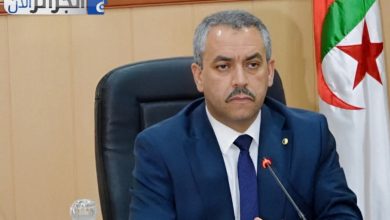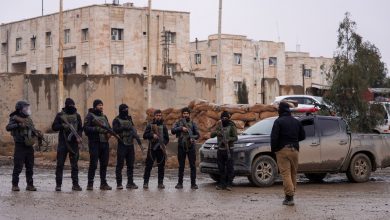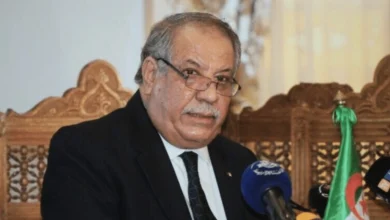Algiers – Yesterday, Thursday, the Minister of Interior, Local Authorities and Transport, Mr. Saïd Saioud, chaired a coordination meeting with the provincial governors, during which several priority topics related to citizen concerns were discussed in preparation for the upcoming social season, according to a ministry statement.
The meeting, held via remote video conference, was attended by provincial governors, delegated governors, and district chiefs. It covered a number of priority topics as part of the preparations for the upcoming social season and responding to developmental concerns affecting citizens, the statement added.
In this context, several direct instructions were issued, particularly regarding the school and university year. Emphasis was placed on the necessity to provide essential services for schooling, including transportation and school meals, starting from the beginning of the season, with special priority given to students in remote areas. Safety and cleanliness standards of educational and university institutions must be maintained, and professional qualification of drivers must be verified, with full responsibility taken for the safety of children.
The statement also announced the establishment of local monitoring committees, which will begin work from the first day of the school year and will promptly address any observed irregularities.
Regarding preparations for the autumn and winter seasons, the minister’s instructions called for intensifying preventive and precautionary measures against the risks and impacts of weather fluctuations to protect citizens and their property and to avoid damage to infrastructure. All relevant technical services and local institutions are tasked with urgent and continuous follow-up on this matter.
The meeting underscored the need to address black spots and implement protective measures for cities and residential areas based on a proactive program financed through various sectoral and local budgets.
In the area of potable water supply, the instructions stressed the systematic advancement of water supply network rehabilitation, as a necessary complement to efforts that increased supply capacity through major strategic projects. This will rely on precise prioritization and an operational plan including regular maintenance, continuous attention to leaks and faults, fair distribution across regions, adherence to announced distribution schedules, and informing citizens of any changes.
Concerning citizens’ living conditions, the minister emphasized multiplying efforts to improve the appearance of cities and villages, addressing negative issues related to public cleanliness, urban development, and rehabilitating public spaces to provide suitable environments for citizens. Continuous and comprehensive public cleanliness programs across all local areas should be implemented, avoiding ineffective temporary campaigns, while mobilizing all relevant departments and local institutions, with local officials responsible for ongoing monitoring.
Regarding neighborhood fieldwork, attention was drawn to involving various local cadres in neighborhood efforts, listening to citizens, understanding their conditions, and continuously improving them. Enhanced communication with local stakeholders was urged, relying on active and inclusive collaboration with constructive proposals and contributions, continuous citizen information, and responding to legitimate concerns and inquiries to prevent misinformation that disrupts citizens’ peace of mind.
Mr. Saïd Saioud also provided several directives to strengthen efforts to secure citizens and their property and confront all types of crime.
On this occasion, Mr. Saioud announced the adoption of an approach based on continuous communication with provincial governors and intensifying central-local coordination to ensure effective handling of various sectoral files. A monthly coordination meeting was also approved to monitor the implementation of instructions and directives.
The meeting featured interventions from several provincial governors and central officials regarding various agenda items, which allowed discussions on local governance issues and means to address related concerns, according to the ministry statement.




